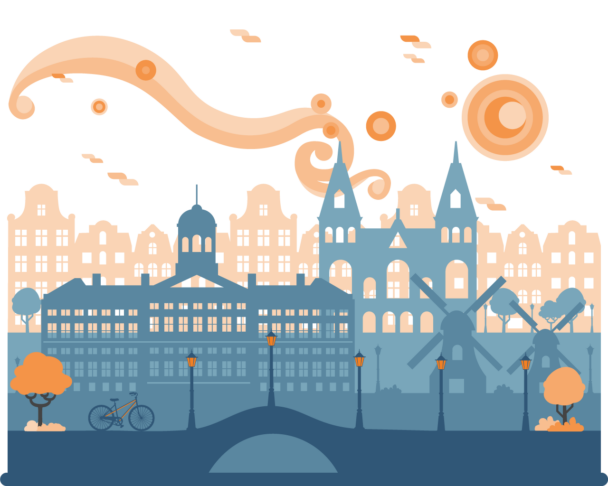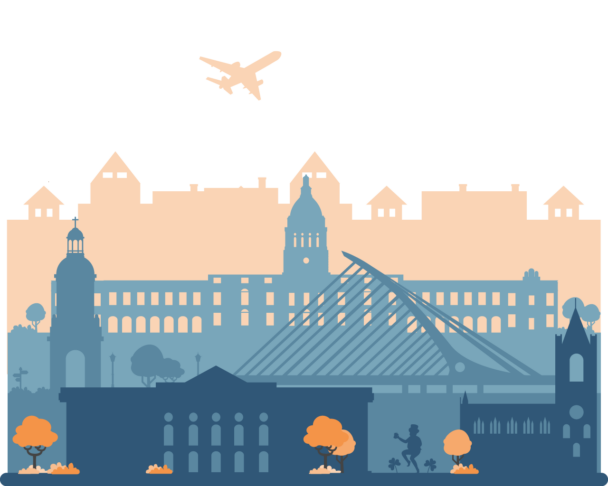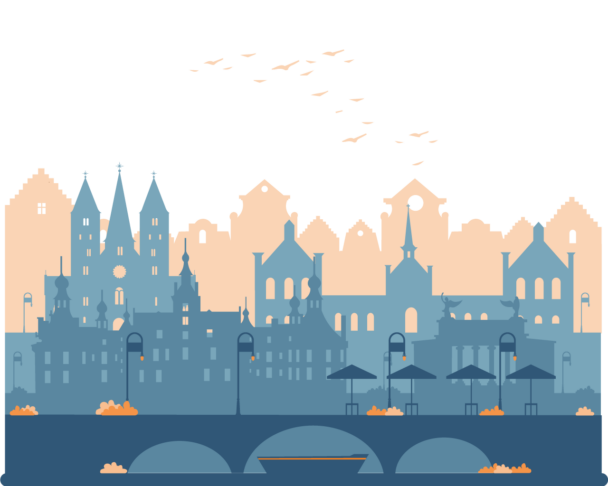Description
How can we help students understand better and remember more from a lesson? Can something that is effective be fun and creative at the same time?
What are the strategies that will help our students save precious time, and simultaneously make memories more lasting? The answer is definitely no underlining, highlighting, rereading, simple repetition, or end-of-term tests.
According to the latest scientific research, many commonly used study habits are unproductive, so we need to replace them with practices that actually work and result in durable learning.
Brain-based learning refers to techniques that take into account evidence-based information about how our brains work. This course questions and challenges conventional teaching methods that were previously believed to be unquestionable.
The goal of the course is to help educators improve and accelerate the learning process by designing their teaching activities according to what the human brain needs to perform well.
During the course, the participants will be actively involved in trying out and reflecting on many different techniques. They will experience first-hand how brain-based techniques work and how easy it is to apply them creatively once they understand the underlying principles of attention, context, memory formation, timing, testing, pre-testing, and motivation.
They will design activities, lessons, and courses that will result in student engagement, better understanding, and better retention.
Participants will return home filled with new ideas, new approaches, tips, and tricks, as well as a fresh outlook on their teaching process. They will also be able to give students informed advice on how to become better learners by studying smarter, not harder.
And hopefully, along the way, participants will become better learners themselves.
What is included
Learning outcomes
The course will help the participants to:
- Recognize the practical implications of the latest research on how the brain learns;
- Understanding when and how learning takes place;
- Design activities, and lessons based on the principles derived from science;
- Make informed decisions on what strategies to use and why to maximize the learning outcome;
- Apply memory techniques;
- Create motivating and engaging student experiences;
- Provide students with the experience of success and mastery;
- Support students with effective, creative, and fun learning techniques;
- Use better learning techniques themselves.
Tentative schedule
Day 1 – How attention works
- Introduction to the course, the school, and the external week activities;
- Icebreaker activities;
- Presentations of the participants’ schools;
- Discovering participants’ beliefs about learning;
- How attention works or doesn’t.
Day 2 – Attention magnets
- Attention magnets;
- Visual memory;
- The role of emotions;
- Elaboration strategies;
- Memory techniques.
Day 3 – Memory techniques
- Priming, pre-testing;
- Retrieval practice;
- Timing matters.
Day 4 – Create meaning
- The power of context, being mindful;
- Stories, Meaning;
- Feedback and feedforward;
- Building students’ self-confidence.
Day 5 – Find the right motivation
- Motivation;
- Staying in Flow;
- Sharing ideas.
Day 6 – Course closure & Excursion
- Course evaluation: round-up of acquired competencies, feedback, and discussion;
- Awarding of the course Certificate of Attendance;
- Excursion and other external cultural activities.











